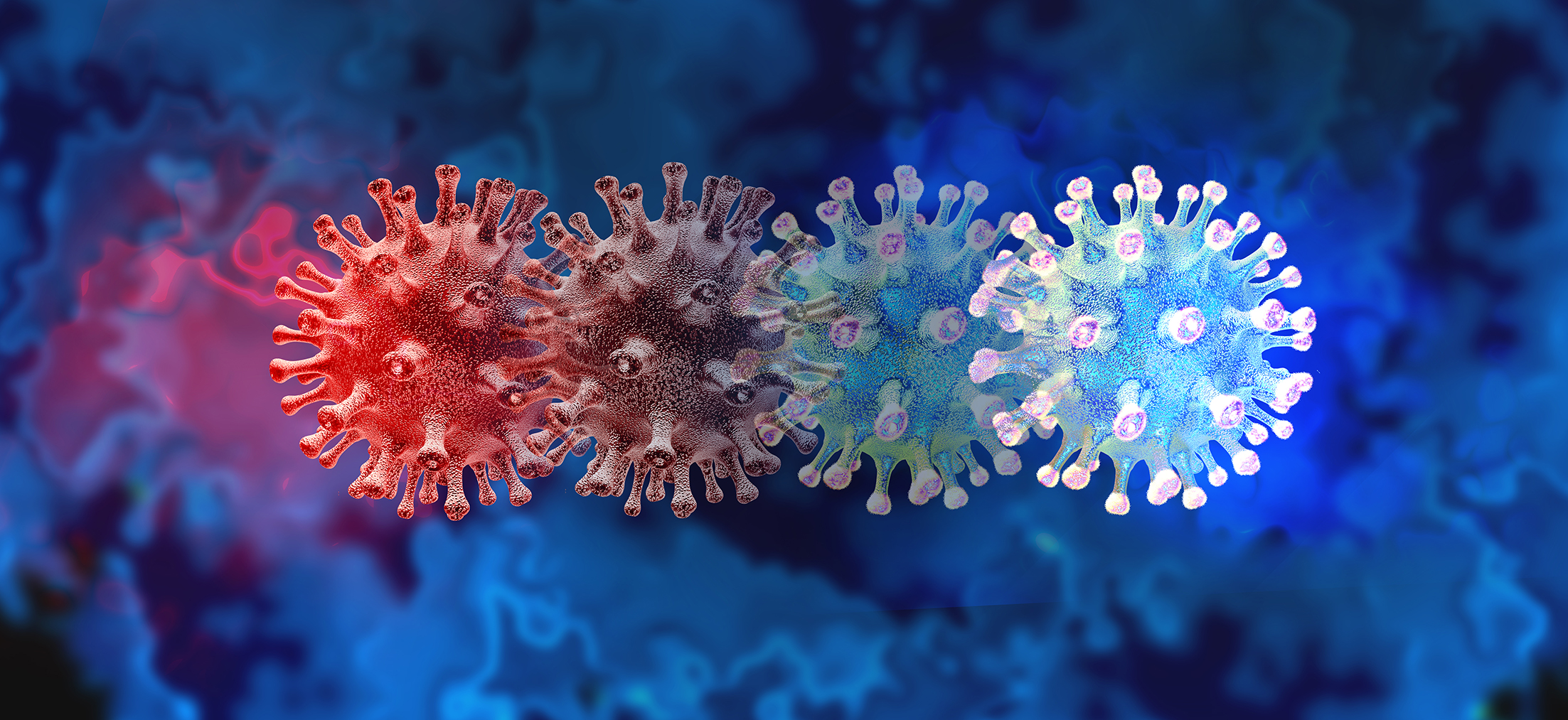Answer 9: Does the High-Dose schedule have an effect on the development of resistance?
Theoretically, use of high-dose, short course therapy is expected to prevent increases in antibiotic resistance. Data from an animal model using levofloxacin indicated that higher doses can reduce the development of resistance (12). A new measure for evaluating fluoroquinolone potency has been developed, namely the Mutant Prevention Concentration or MPC which is the drug concentration at which the selection of resistant mutants may be inhibited during antibiotic treatment (13). The relative effect of the MPC can be measured by AUC/MPC. Because the AUC levels of levofloxacin are significantly higher with the 750 mg dose compared with the 500 mg dose, the corresponding AUC/MPC will be higher suggesting a reduced selection of resistant mutants. Whether dosing fluoroquinolones at or above MPC levels will truly prevent the selection of antibiotic-resistant mutants remains to be determined. This concept has yet to be validated in clinical studies, but the possibility of curtailing the selection of antibiotic resistant mutants by altering dosing strategies is an important area of study.











